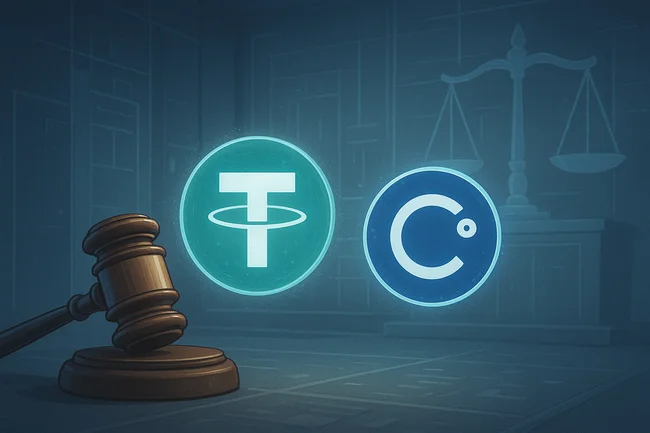Transfer pricing compliance refers to the regulations that govern the pricing of transactions between related entities in different jurisdictions. In the cryptocurrency space, this can involve companies or individuals trading or transferring cryptocurrencies across borders.Tax authorities expect these transactions to reflect market prices to ensure that profits are not artificially shifted to low-tax jurisdictions. This means businesses must document and justify how they determine the prices for their crypto transactions. For example, if a subsidiary in one country sells digital assets to a related entity in another, it must establish that the pricing is consistent with what unrelated parties would agree to. Failure to comply can lead to penalties, audits, or adjustments in taxable income. As the use of cryptocurrencies grows, understanding and adhering to these compliance requirements becomes crucial for avoiding legal issues and maintaining tax obligations. Proper record-keeping and the application of suitable transfer pricing methods are key to staying compliant.

Ripple, Absa Partner to Launch Digital Asset Custody in South Africa
Ripple has entered a strategic partnership with Absa Bank to provide digital asset custody services to customers in South Africa,



